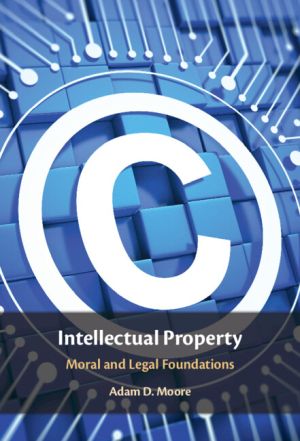
Intellectual property rights - and the very concept of such rights - are coming under attack in our modern world, in which there is widespread sharing of content across a spectrum which extends from agreed open access to outright piracy. Institutions and legal systems that protect intellectual property, both domestically and internationally, stand in need of justification. In this book five different philosophical justifications for intellectual property are presented and defended. Additionally, all of the major criticisms of intellectual property are examined and ultimately rejected. The discussion includes the issues and controversies surrounding generative artificial intelligence and the challenges which it poses to current systems of intellectual property protection. As a result of this thorough and wide-ranging analysis, readers in philosophy, law, political science, information science, and media studies will be in a better position to determine the benefits and burdens of patents, copyrights, trademarks, and trade secrets.